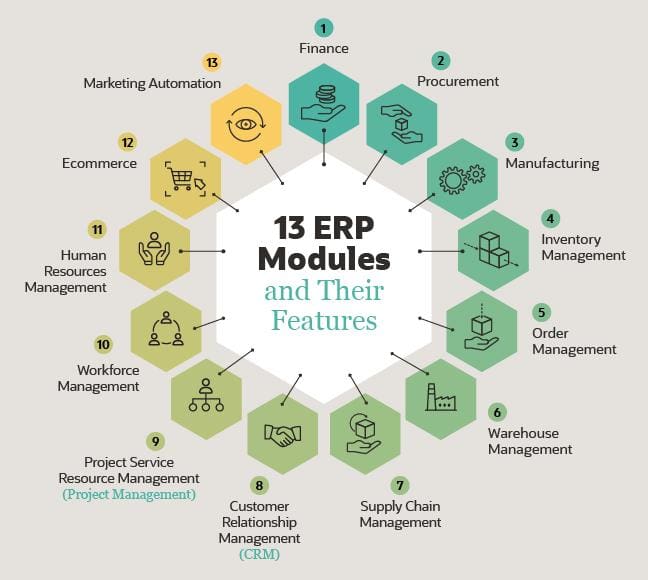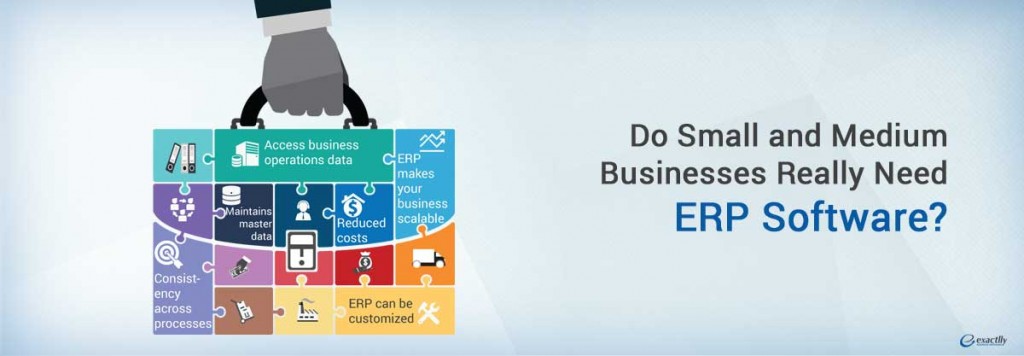Sage ERP Products: A Comprehensive Guide for Enterprise Resource Planning
Introduction
In today’s competitive business landscape, organizations are constantly seeking ways to streamline operations, improve efficiency, and gain a competitive edge. Enterprise resource planning (ERP) systems have emerged as a powerful tool for businesses of all sizes, providing a centralized platform for managing critical business processes. Among the leading providers of ERP solutions is Sage, offering a comprehensive suite of products tailored to the unique needs of various industries.
Understanding Sage ERP Products
Sage ERP products are designed to empower businesses with real-time visibility into their operations, enabling them to make informed decisions and respond swiftly to market changes. These products offer a range of capabilities, including:
- Financial management: Manage all aspects of financial operations, including accounting, budgeting, forecasting, and reporting.
- Supply chain management: Optimize inventory levels, streamline procurement processes, and enhance supplier relationships.
- Customer relationship management (CRM): Manage customer interactions, track sales opportunities, and provide exceptional customer service.
- Human capital management (HCM): Automate HR processes, manage payroll, and enhance employee engagement.
- Project management: Plan, execute, and track projects effectively, ensuring timely delivery and profitability.
 .
.
Benefits of Sage ERP Products
-
Improved Efficiency: Sage ERP products automate and streamline business processes, eliminating manual tasks and reducing errors. This leads to increased efficiency, allowing organizations to allocate resources more effectively.
-
Enhanced Visibility: Sage ERP products provide a centralized view of all business operations, giving managers real-time insights into key performance indicators (KPIs). This enables them to make data-driven decisions and respond quickly to changing market conditions.
 .
.
Increased Productivity: By eliminating manual tasks and providing automated workflows, Sage ERP products free up employees to focus on higher-value activities. This leads to increased productivity and improved overall business performance.
-
Improved Collaboration: Sage ERP products facilitate collaboration between different departments within an organization. Shared access to real-time data enables seamless communication and coordination, fostering a more efficient and cohesive work environment.
-
Enhanced Customer Service: Sage ERP products provide a comprehensive view of customer interactions, enabling businesses to track sales opportunities, resolve issues promptly, and provide personalized service. This leads to improved customer satisfaction and increased revenue.
Disadvantages of Sage ERP Products
-
Implementation Cost: Implementing a Sage ERP system can be a costly endeavor, especially for larger organizations. The cost includes software licenses, hardware, implementation services, and ongoing maintenance.
-
Complexity: Sage ERP products are complex systems that require specialized knowledge and expertise to implement and manage. This can be a challenge for organizations with limited IT resources.
-
Customization Limitations: While Sage ERP products offer a range of customization options, there may be limitations in adapting the system to meet specific business requirements. This can be a concern for organizations with unique or complex processes.
-
Vendor Dependence: Implementing a Sage ERP system creates a dependency on Sage for ongoing support and updates. This can limit flexibility and increase costs over time.
-
Integration Challenges: Integrating Sage ERP products with other systems, such as legacy systems or third-party applications, can be complex and time-consuming. This can impact data accuracy and system performance.
Essential Information About Sage ERP Products
-
Product Offerings: Sage offers a range of ERP products tailored to different industries and business sizes, including Sage 300cloud, Sage 50cloud, and Sage X3.
-
Pricing: Pricing for Sage ERP products varies depending on the product, the number of users, and the level of support required. Contact Sage for a customized quote.
-
Implementation: Sage ERP products can be implemented on-premises or in the cloud. Implementation typically involves a team of consultants who work with the organization to configure the system and train users.
-
Support: Sage provides ongoing support for its ERP products, including technical support, product updates, and access to a knowledge base.
-
Partnerships: Sage has partnered with a network of value-added resellers (VARs) and implementation consultants who provide expertise and support to customers.
FAQs
- What is the difference between Sage 300cloud and Sage 50cloud?
Sage 300cloud is a more comprehensive ERP solution designed for mid-sized businesses, while Sage 50cloud is a simplified ERP solution suitable for small businesses.
- Can Sage ERP products be integrated with other systems?
Yes, Sage ERP products offer integration capabilities with a range of third-party applications, including CRM, e-commerce, and payroll systems.
- What is the cost of implementing a Sage ERP system?
The cost of implementing a Sage ERP system varies depending on the product, the number of users, and the complexity of the implementation. Contact Sage for a customized quote.
- How long does it take to implement a Sage ERP system?
The implementation timeline for a Sage ERP system typically ranges from several weeks to several months, depending on the size and complexity of the organization.
- What is the return on investment (ROI) for a Sage ERP system?
The ROI for a Sage ERP system can be significant, with benefits including increased efficiency, improved productivity, and enhanced customer service.
- What industries are Sage ERP products best suited for?
Sage ERP products are suitable for a wide range of industries, including manufacturing, distribution, retail, and professional services.
- What is the difference between on-premises and cloud-based ERP systems?
On-premises ERP systems are installed on the organization’s own servers, while cloud-based ERP systems are hosted by a third-party provider. Cloud-based ERP systems offer greater flexibility and scalability, while on-premises ERP systems provide more control and customization options.
- What is the level of support provided by Sage for its ERP products?
Sage provides ongoing support for its ERP products, including technical support, product updates, and access to a knowledge base. Customers can also purchase additional support packages for enhanced service levels.
- How can I learn more about Sage ERP products?
You can visit the Sage website, attend a product demonstration, or contact a Sage representative for more information.
Conclusion
Sage ERP products offer a comprehensive solution for businesses seeking to streamline operations, improve efficiency, and gain a competitive edge. By providing real-time visibility into business operations, automating processes, and facilitating collaboration, Sage ERP products empower organizations to make informed decisions, respond swiftly to market changes, and achieve their business goals.
While implementing a Sage ERP system requires careful consideration and investment, the potential benefits are significant. By partnering with Sage and leveraging the expertise of implementation consultants, businesses can unlock the full potential of Sage ERP products and drive their organization towards success.
Disclaimer
This article provides general information about Sage ERP products. The specific features, benefits, and costs of Sage ERP products may vary depending on the product, the number of users, and the complexity of the implementation. Contact Sage for a customized quote and to discuss your specific business needs.
 .
.

